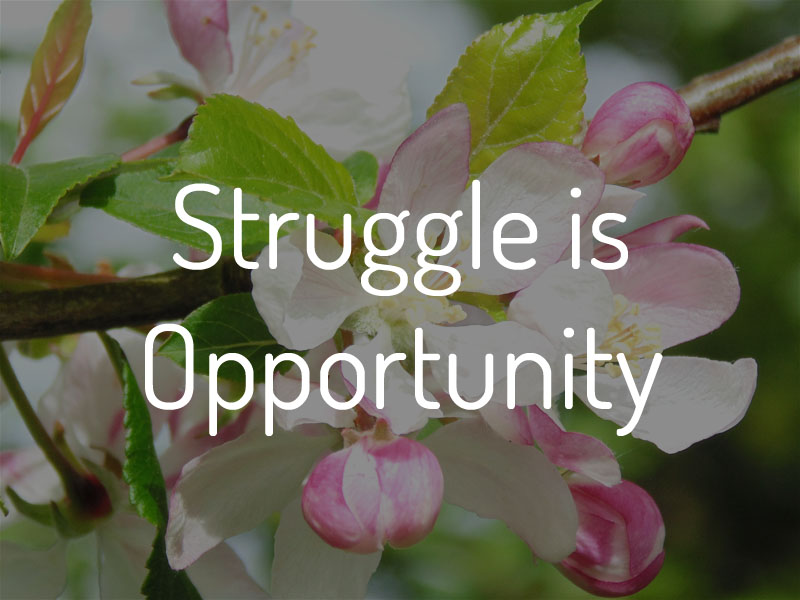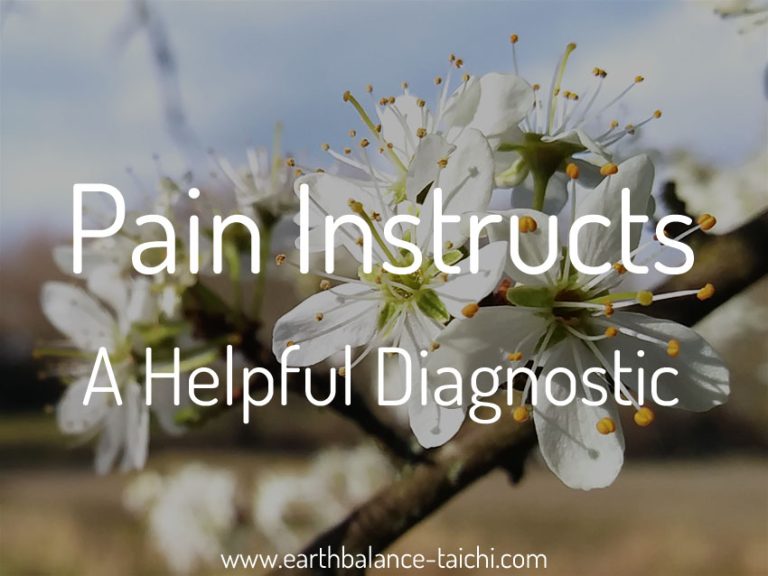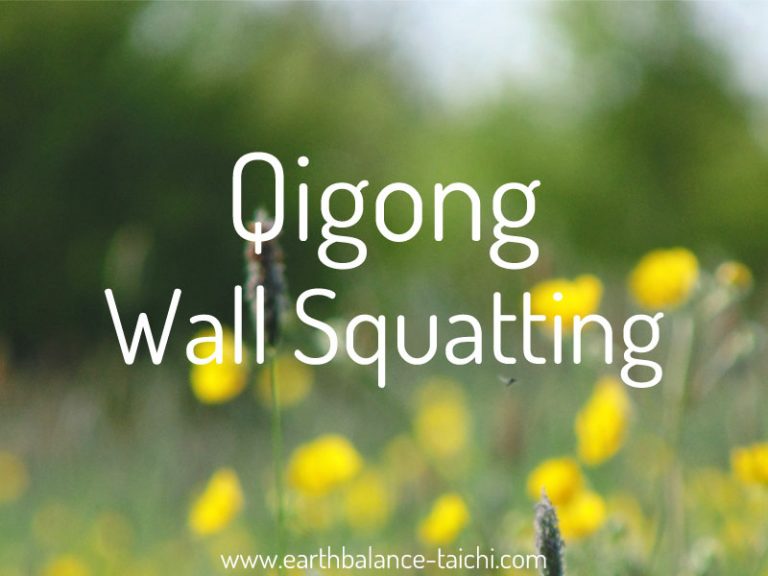Struggle is Opportunity

Struggle is Opportunity
I would like to share this article 'Struggle for Smarts' written by Alix Spiegel with you all. The content of this article relates well to how we learn Tai Chi and Qigong.
The main focus is that in the modern Western world, we tend to see struggle in the learning process as a sign of weakness or lesser intelligence. When learning doesn't come to the student effortlessly or as Alix states "naturally", the first hurdle can be a place where they give up. The student may feel inadequate, unintelligent, a failure and so on. The student has a negative emotional response based on Western cultural behaviour. To avoid further failure or disappointment, the student gives up as the threat of more negative emotions are too much.
Whereas in the East, struggle is seen as an opportunity, something to be expected in the learning process and something that is a sign of being willing to apply effort, having a strong character, determination and persistence. In this way, struggle has a positive emotional response based on Eastern cultural behaviour. If the student sees struggle as a sign of strength, they are more likely to continue and engage in the learning process.
Thinking further, if there isn’t struggle in the learning process, when things in life come easy, where is the desire to start or even continue? Where is the reward for no effort made? If everyone was perfect at everything in a short frame of time, what would be the point?
"Knowing is not enough, we must apply. Willing is not enough, we must do." - Bruce Lee
Tai Chi and Qigong
There are very few people who actually learn Tai Chi and Qigong. Many practice, many attend weekly lessons, yet few study Tai Chi or Qigong like you would study learning a musical instrument. It really depends what your goal is, and what effort you are willing to put into your own development. This is where managing your expectations comes in. There can be a wide gap between what you put into your training, to where you expect to be. This causes internal conflict and does not encourage a life long practice.
So many students use negative words and chatter when talking about their own practice. In the outside world, we spend enough time berating ourselves, comparing ourselves to others and putting our abilities down. This kind of mindset does not belong in your training. There is no place for negativity. You can expect to make mistakes, again and again and again, they don't matter. You can expect to learn the movements, then forget them, learn the principles, then forget them, learn a technique, then gloss it over and so on. It's a never-ending cycle of learning, re-learning, observation, correction, patience, pausing, progression, regression and so on. Through the journey of Tai Chi and Qigong, we behave with kindness, grace, compassion, modesty and non judgement, to ourselves and others. Your training space whether in class or at home needs to be a nourishing environment. Otherwise, you end up resenting the practice which does not foster longevity.
With the knowledge that Tai Chi is a complex practice that takes years to learn, explore and progress. With the understanding that progression only comes from the desire and ability to apply effort to your training. Knowing that skill in Tai Chi and Qigong does not come to us as a gift, how can you make struggle in the learning process more productive? Reframe your mindset to see struggle as a gift.
We should all celebrate the amount of effort needed within the Tai Chi and Qigong learning process. The key to progression is productive persistence and deliberate practice of accurate movements, mind intention and breath work. When we persevere through our struggles, doubts, inexperience, frustration, misunderstandings and mistakes with a relaxed and happy mind, body and spirit, that’s what makes a true lifelong student where every day is an achievement and success.
It's our mindset that makes the difference. With enough training of seeing struggle in the learning progress as an opportunity, this starts to change our mindset outside the classroom. The philosophy of practice that we apply to Tai Chi and Qigong movements, becomes part of our person philosophy and our personal behaviour. And that is worth working towards.









